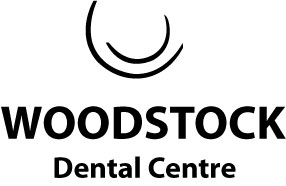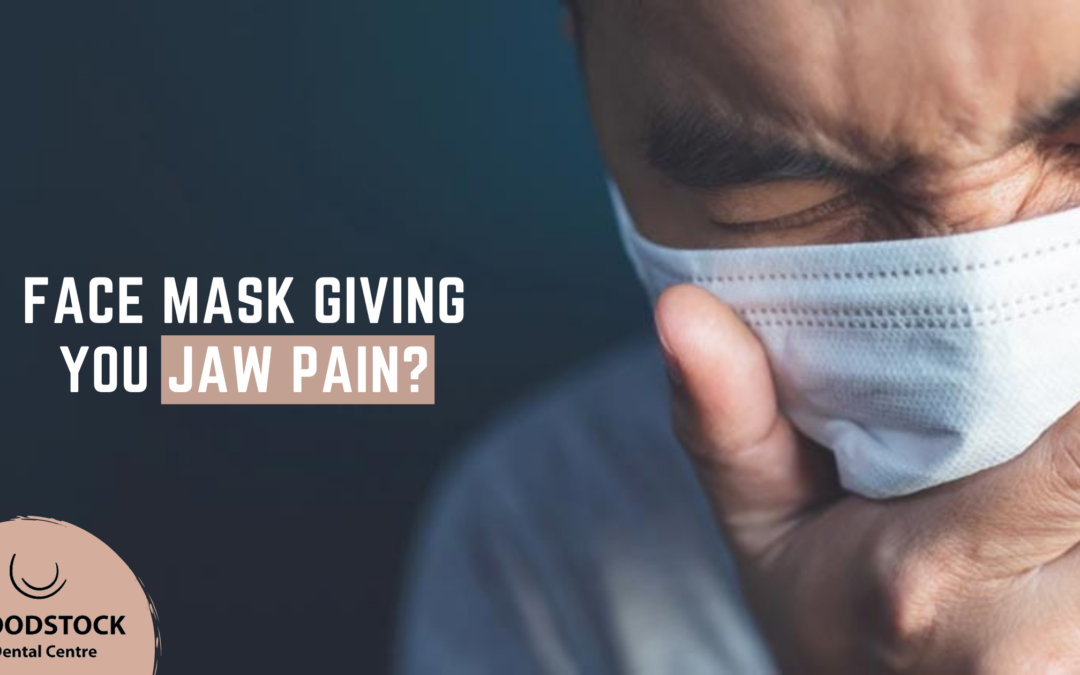These days, all of us are required to wear a mask in public. Since COVID-19, the TMJ specialists have been seeing an increase in TMJ/Headache/Jaw pain patients. Sometimes, wearing a mask can make your jaw tight, especially if you keep your chin forward or tense your jaw muscles to try to hold your mask on. Stress also plays a large role in increasing muscle tension with TMJ/Headaches and the whole body. COVID-19 has pretty much-impacted everyone’s life in a significant way. This year has been very stressful for all of us, so make sure you’re also managing your stress appropriately.
Here are a few tips you can use to help reduce TMJ/Headache pain or minimize the potential for the pain to emerge:
When Wearing A Mask, Be Aware Of Your Jaw
Make sure that your jaw is relaxed, teeth not touching, lips are together, and the tongue is resting on the roof of the mouth. To check the comfort level, try holding “N” when you say No and Never. Try not to tense your jaw or push your jaw forward to hold your mask on. The elastics are designed to do that job for you.
You might be pressing your lips together in a pursed position or clenching your teeth under your mask, without even realizing it. Also, many of us are unconsciously and repeatedly pushing down on our chin in the attempt to move the mask away, adjust its position, or release the tension of the mask. When the jaw and facial muscles contract or stay in a tense position for an extended length of time, they become overworked and fatigued. And, like any other muscle in your body, when the jaw and facial muscles become overworked, they can start to scream out in pain.
Ear-Loops Can Cause TMJ/Headache Symptoms
They can cause pain that can be felt from the back of your ears, across your jaw joints, and into your face. Some people also experience headaches that extend from their ears into their temples. This can be caused by the auriculotemporal nerve that runs just in front and above the ear into our scalp. Compression from tight ear straps, sunglasses, or the stems from prescribed glasses that do not fit well and are too tight, can cause facial pain and headaches. You can use ear savers or extenders as a solution to this issue. They allow you to eliminate the pulling or compression ear loops of masks can cause.
Breathe Through Your Nose Instead Of Mouth
Breathing through the mouth can put some tension and pressure on the jaw muscles as the jaw is held slightly open. While resting, we should breathe through our nose. Air breathed through the nose is filtered for dust, pollen, and pollution. It also helps in adding moisture and warming the air, while allowing our jaw to stay in a better resting position.
In addition, the sinus passages connected to the nose make nitric oxide, a gas that helps your body get more oxygen. It also encourages your blood vessels to expand and your smooth muscle tissue to relax. Nitric oxide also has powerful antiparasitic, antifungal, antiviral, and antibacterial properties, which reduce the chances of you getting sick.
Masks will likely be around for a while, but that doesn’t mean that your jaw pain has to be! We sincerely hope this blog provides some helpful insight into managing TMJ/Headache pain related to the pain caused by face masks. Try to keep a smile on your face when your mask is on.
Contact us today if you are experiencing TMJ pain and our dental team in Woodstock will be sure to get a treatment plan started for you. For any TMJ related questions, you can book an appointment online or call us at (519) 537-6666.
Learn about Temporomandibular Joint Disorder HERE.

